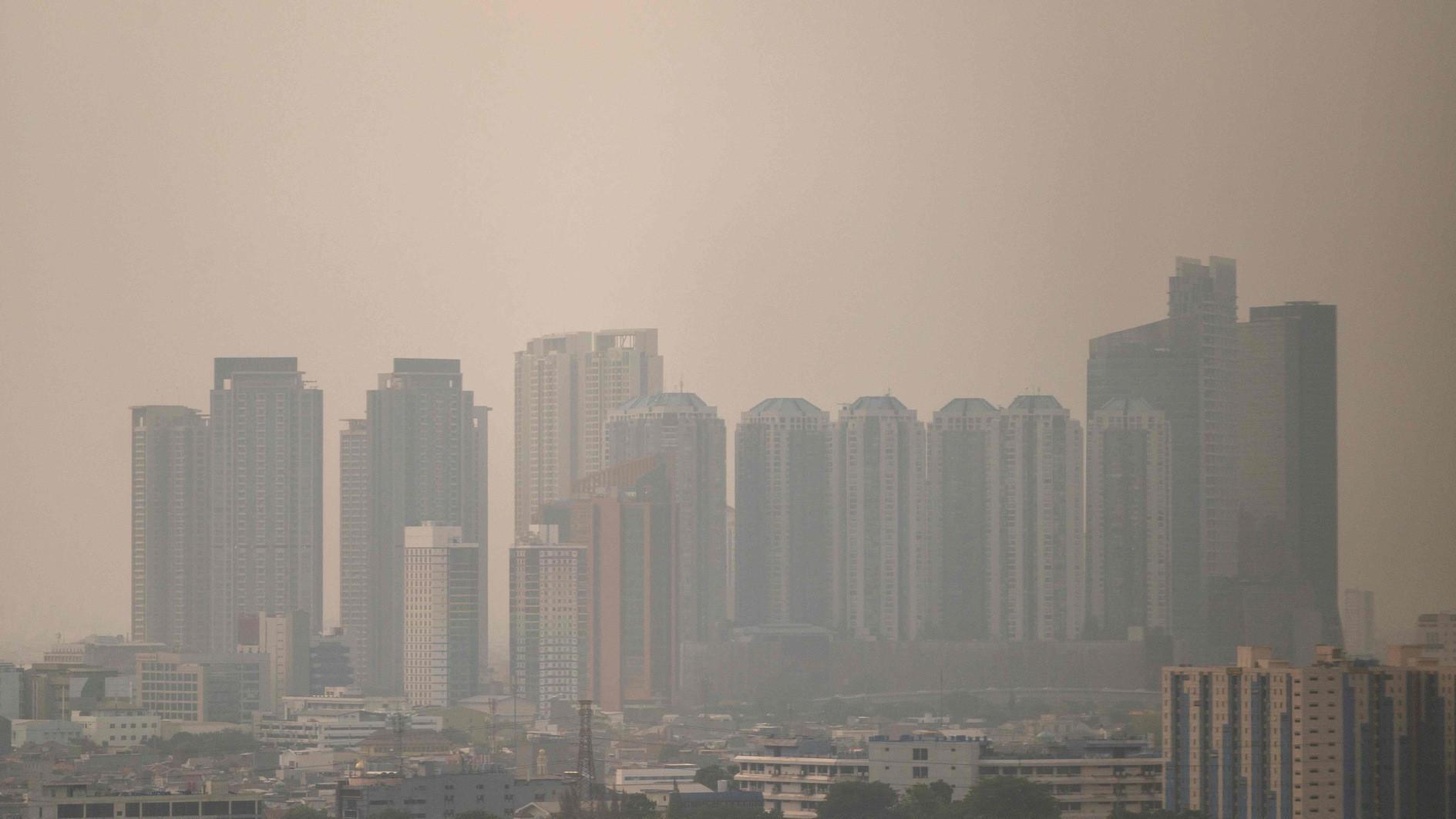
Greenhouse gas concentrations in the atmosphere reached new record highs in 2023, locking in future temperature increases for years to come, the United Nations warned on Monday.
Levels of the three main greenhouse gases, the climate-warming carbon dioxide, methane and nitrous oxide, all increased yet again last year, the U.N.'s weather and climate agency said.
The World Meteorological Organization (WMO) said carbon dioxide was accumulating in the atmosphere faster than ever, up more than 10 percent in two decades.
The WMO's annual Greenhouse Gas Bulletin comes ahead of the Nov. 11-22 COP29 U.N. climate summit in Baku.
"Another year. Another record. This should set alarm bells ringing among decision-makers," WMO chief Celeste Saulo said in a statement.
"We are clearly off track to meet the Paris Agreement goal."
Under the 2015 Paris Agreement, countries agreed to cap global warming at "well below" 2 degrees Celsius above average levels measured between 1850 and 1900, and 1.5C if possible.
As long as emissions continue, greenhouse gases will keep accumulating in the atmosphere, raising global temperatures, WMO said.
Last year, global temperatures on land and sea were "the highest in records dating as far back as 1850," it said.
Given how long CO2 lasts in the atmosphere, current temperature levels will continue for decades, even if emissions rapidly shrink to net zero.
In 2023, CO2 concentrations were at 420 parts per million (ppm), methane at 1,934 parts per billion, and nitrous oxide at 336 parts per billion.
That marks hikes of 151 percent, 265 percent and 125 percent of the pre-industrial levels before 1750.
"These are more than just statistics. Every part per million and every fraction of a degree temperature increase has a real impact on our lives and our planet," said Saulo.